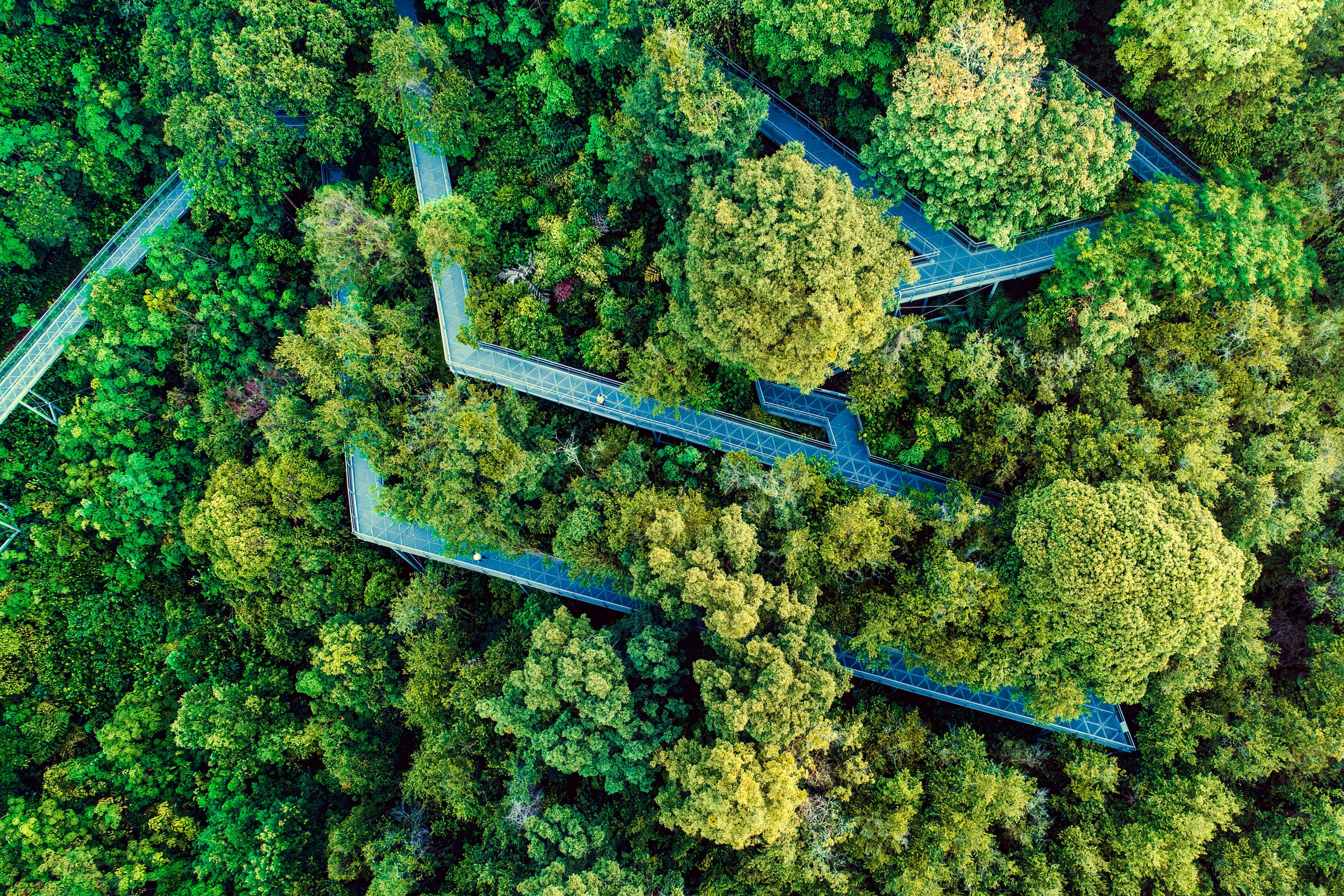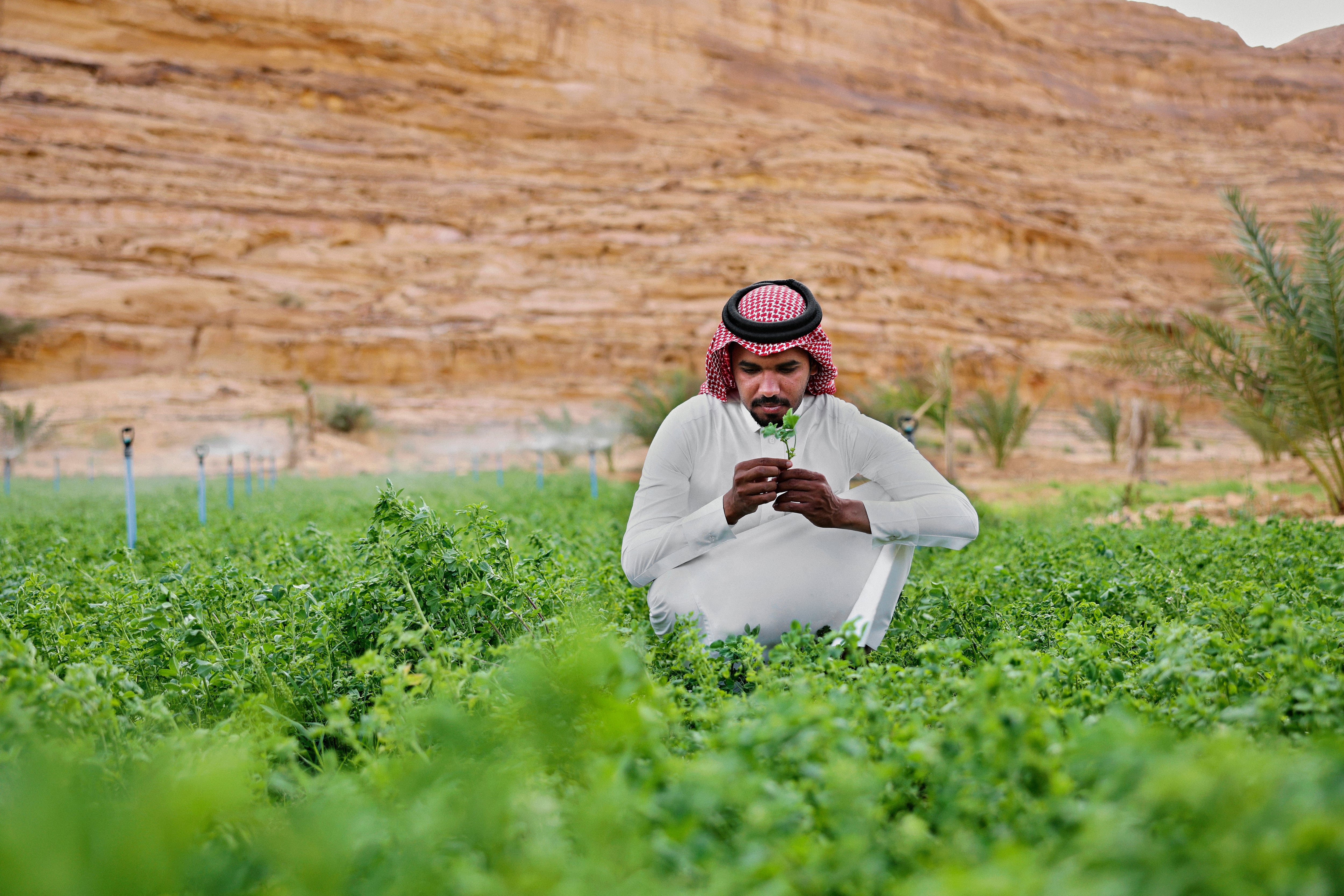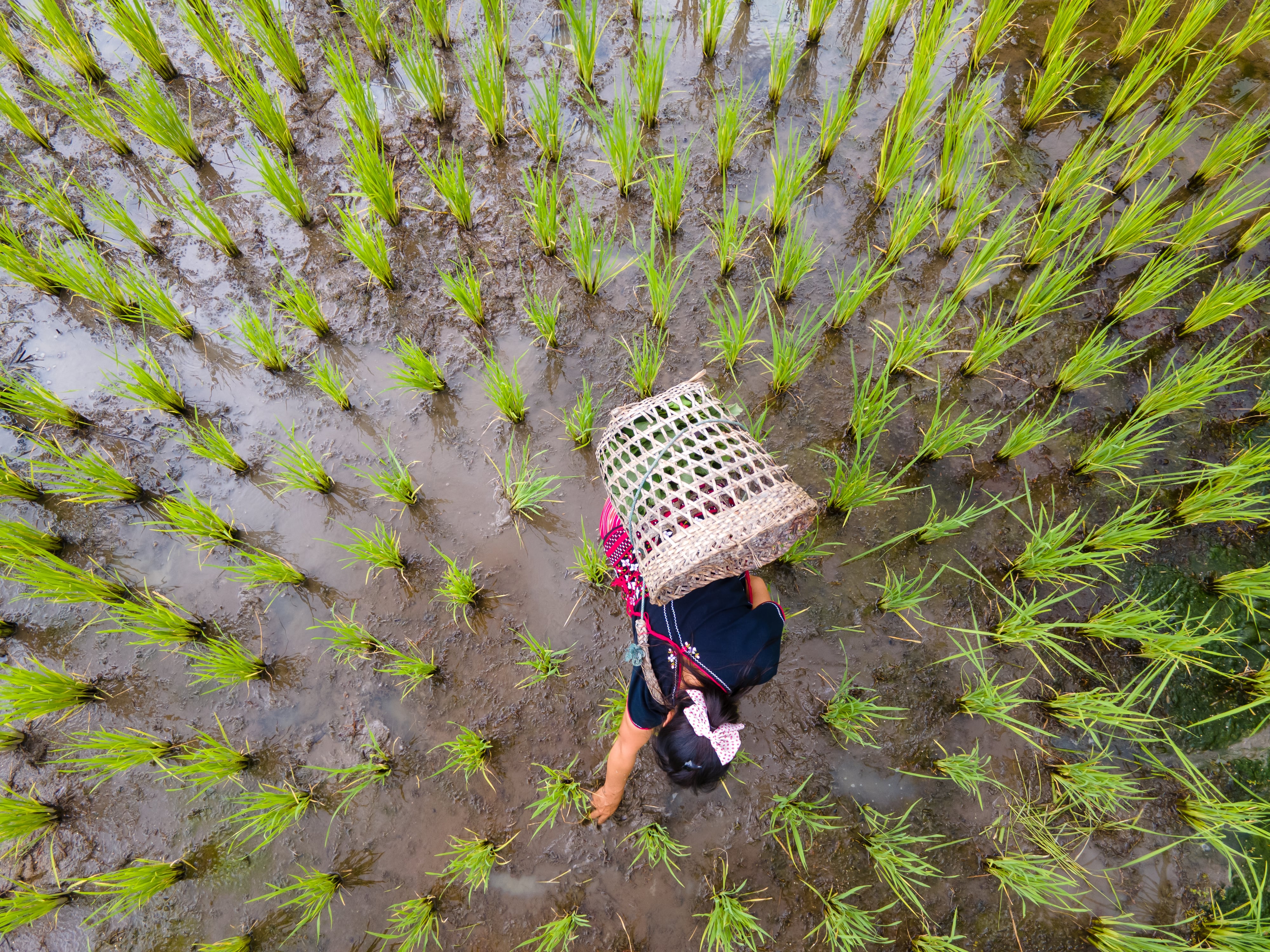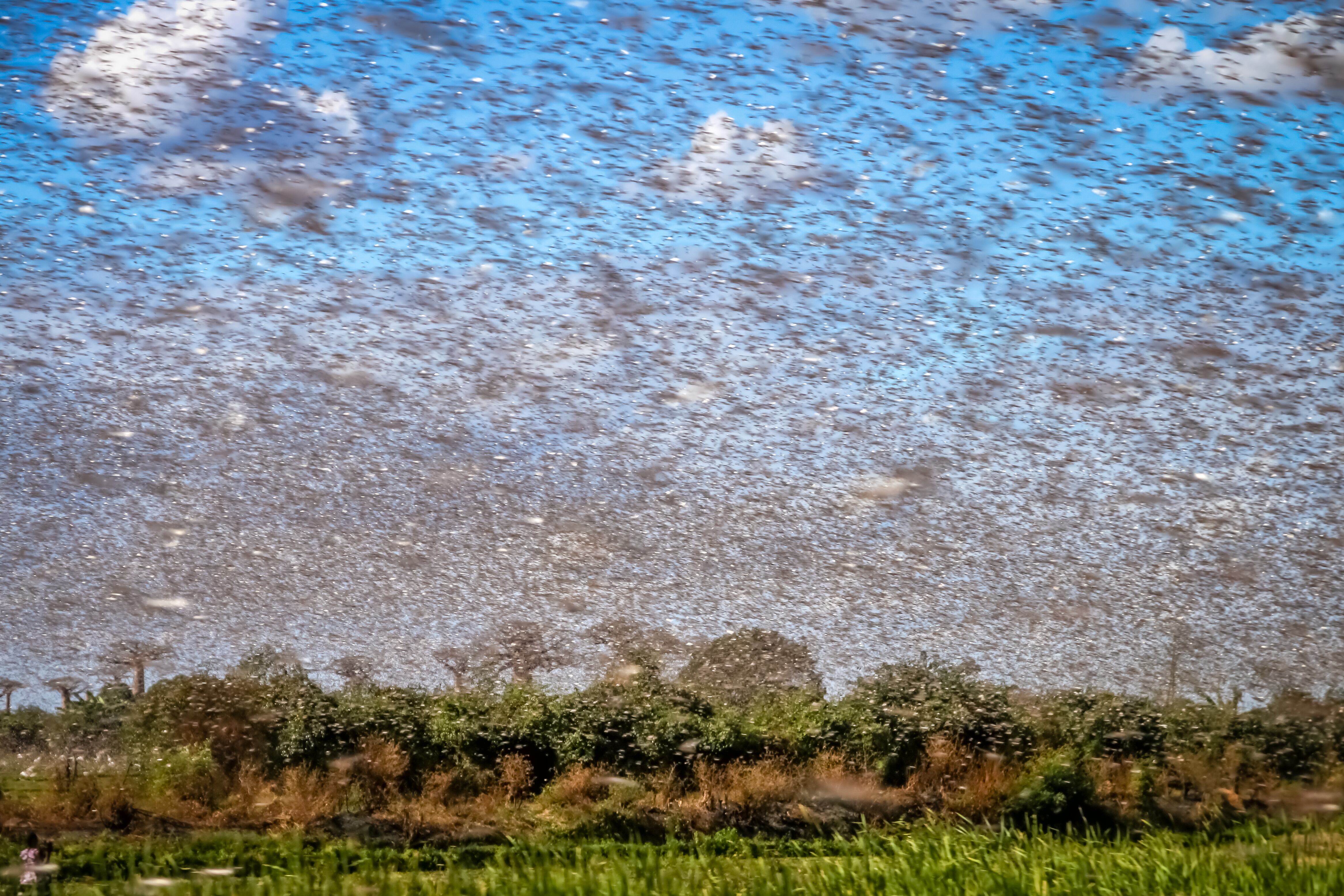This complex issue was discussed during a panel at the Sustainable Foods Summit in Singapore, held from February 25 to 26.
Koranis Tanangsnakool, head of sustainability, Harmless Harvest Thailand, believes stronger policies need to be put in place to encourage sustainable agriculture.
“At least in Thailand, we need stronger policies and framework. Policy design should integrate real costs, such as the environmental impact of chemical-based agriculture, while also considering the benefits of sustainable and regenerative agriculture.
“These factors should be reflected in policy decisions. Additionally, we need economic mechanisms and financial incentives that account for environmental costs in market pricing. And I think this could support a healthier ecosystem where sustainable agriculture can thrive,” she said.
However, policies can also create a barrier, pointed out Angga Maulana Yusuf, lead project manager of Preferred By Nature.
He highlighted how Indonesia regulates the sale of rice with a maximum retail price.
“Even if we want to add investments into sustainable agriculture, there’s a price barrier and the producer cannot sell their rice at a more expensive price.”
Low investments
Ben Ripple, founder and chief executive of Big Tree Farms, stated that there has been little willingness to invest in agricultural changes, particularly in smallholder farming.
“There’s a real temptation to not invest, but look at these smallholder farmers and their very, very cheap production capacity as opportunity. That is a very short-term perspective. While it may be highly profitable in the short term, it does not support smallholders or the future of agriculture.”
Ripple added that he was optimistic about the future as he has observed more investments in various areas.
“I’m seeing more investment in supply chain, more investment in value addition, capacity and production, capacity and manufacturing, and those are all needed in order to create a more sustainable drive in SEA.”
Locals demand not enough
Samuel Chauffaille, Asia Pacific managing director of the Ecocert Group believes the low local consumer demand for sustainably produced food is one of the reasons why the sector is lagging behind.
Ripple added that most organic or sustainable produce are usually for export.
Chauffaille proposed that stakeholders could raise demand by promoting organic food as the healthier choice.
“If the Ministry of Agriculture doesn’t have enough funds to promote and incentivise farmers to transition to organic or sustainable agriculture, maybe the Ministry of Health can chip in That’s something we’re discussing here in the region and promoting that, that health component. In France, for example, it is mandatory by law to have organic food on the plate for children at school, I think, three times a week,” said Chauffaille.
At the same time, Ripple noted that the health angle may not be as effective on younger generations.
“It’s harder to sell that concept to a super young consumer, because health is not top of mind for most of Gen Z.”
Ripple believes the industry has a major opportunity to educate younger consumers on regenerative agriculture.
“I think regenerative becomes a tremendous opportunity to drive organic, because regenerative speaks to a more beneficial path then conventional agriculture. It talks about the fight against or the reversal of climate, climatic volatility at a time when we’re all being bombarded with pretty depressing future scenarios related to climate impact.”
He added that this approach has helped to drive Big Tree Farm sales.
“Regenerative is a key [talking point] because it allows us to link both climatic response and health together into a single comment. And we find that actually is much stickier in terms of helping to encourage adoption of organic and encourage further purchase of organic than just saying is organic and it’s better for you.”





